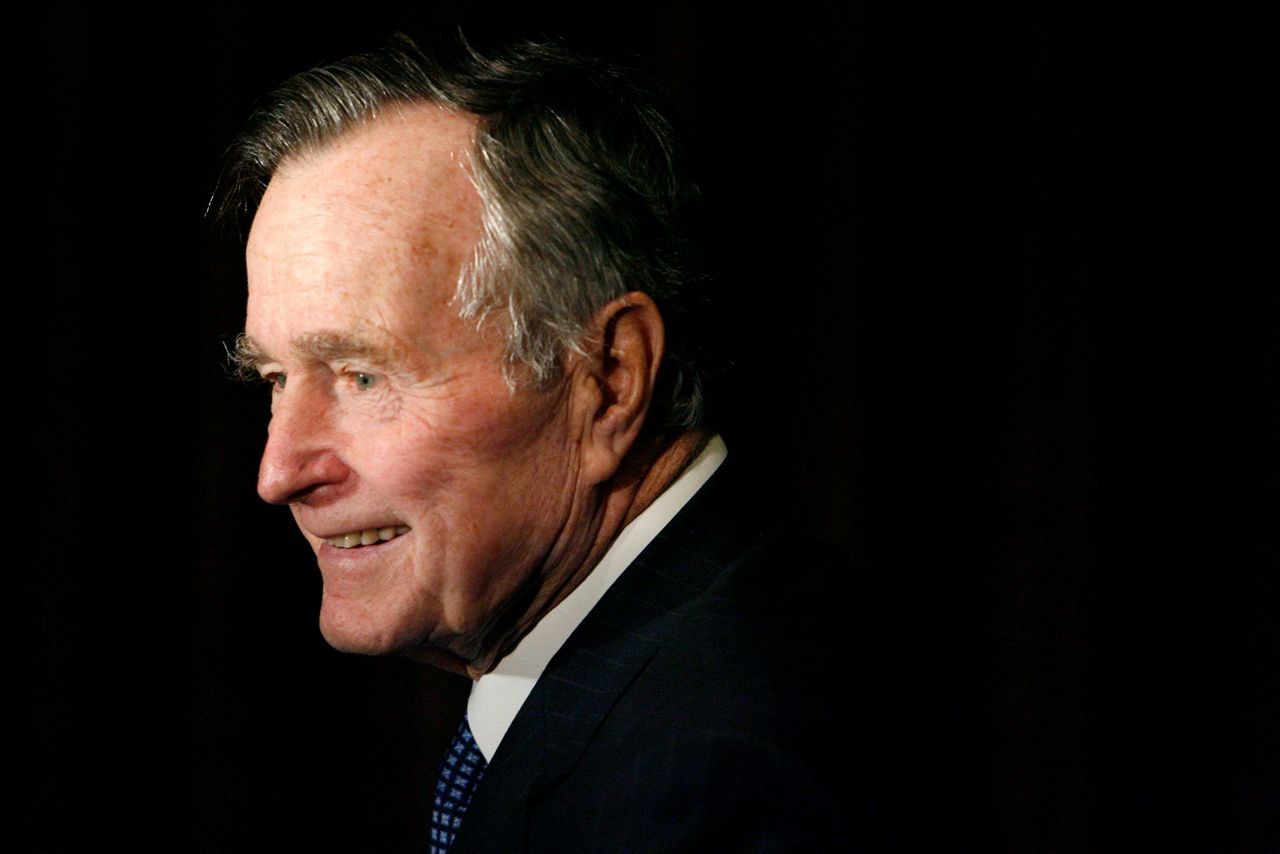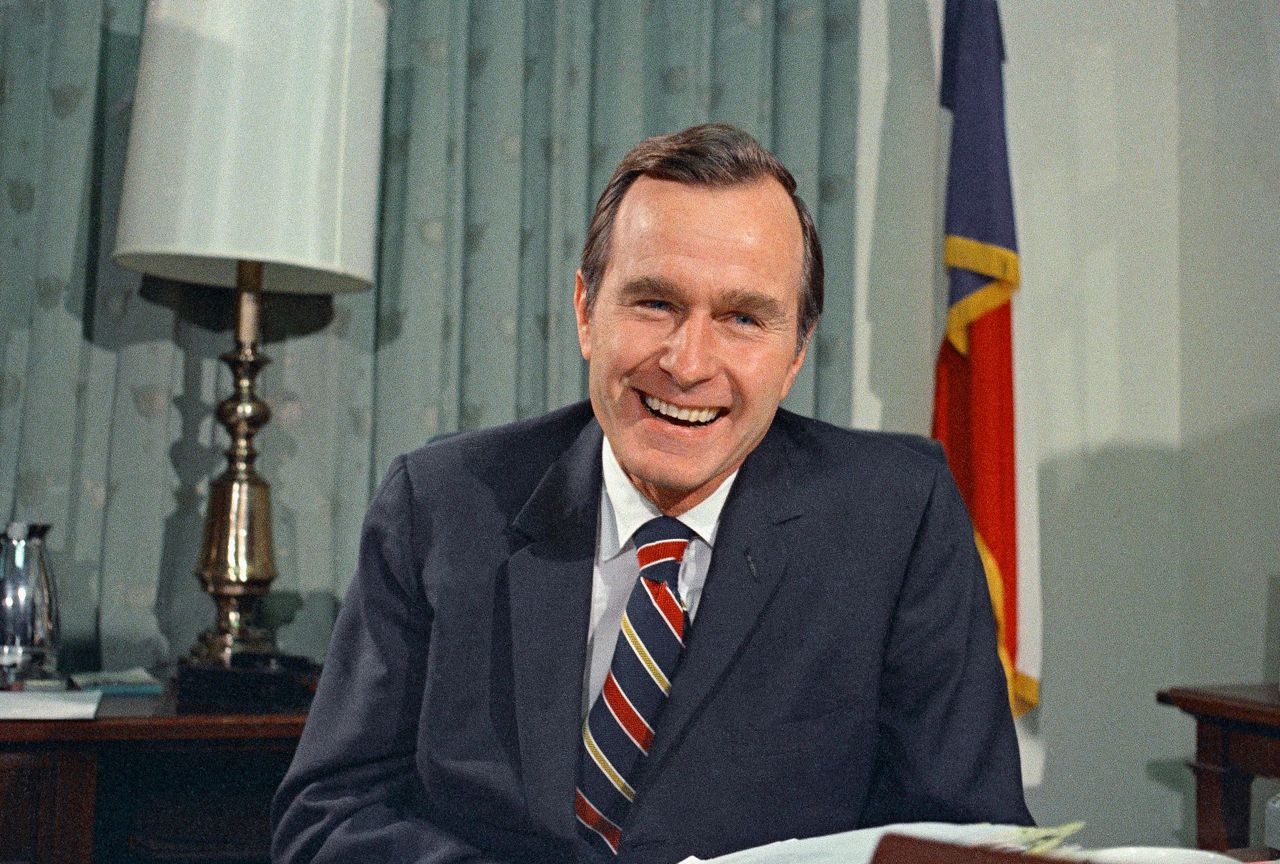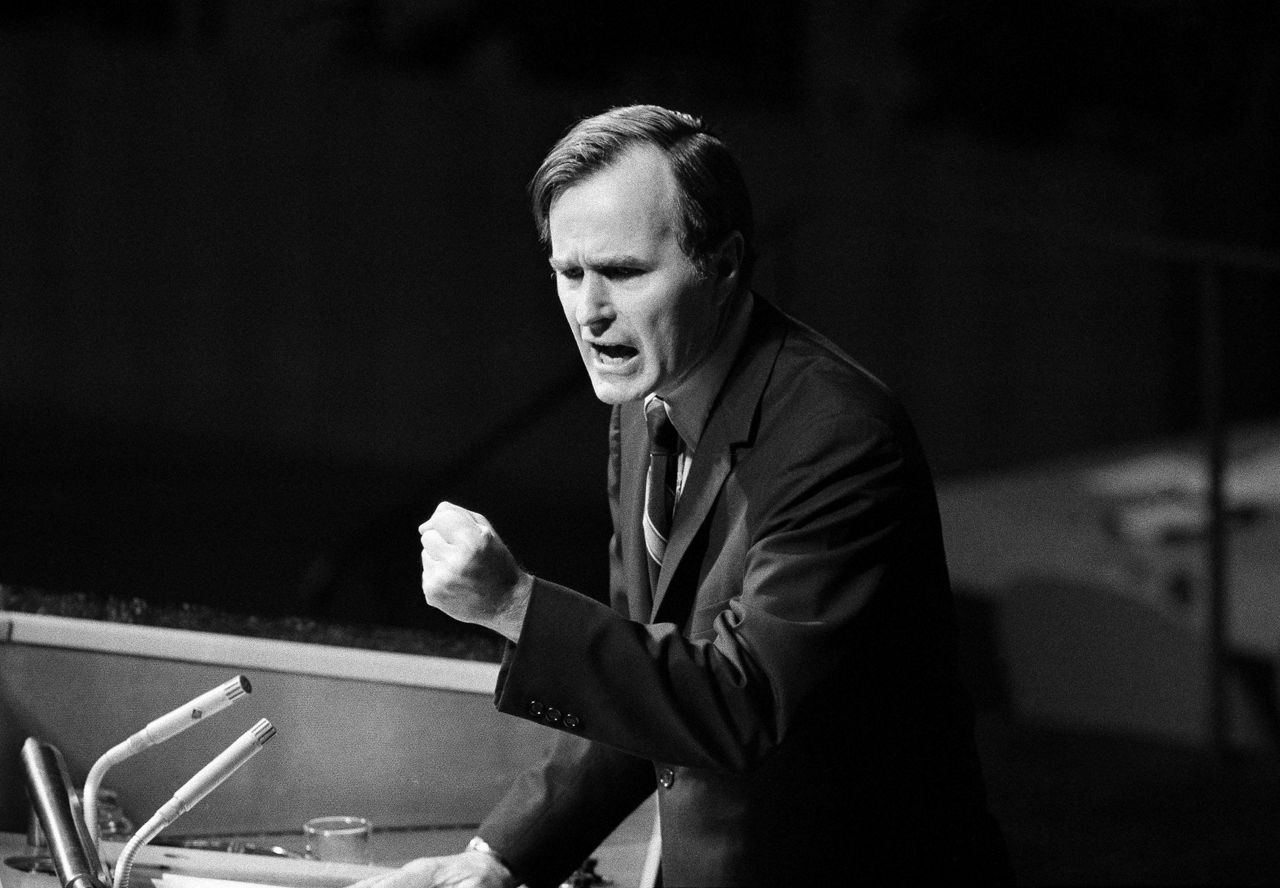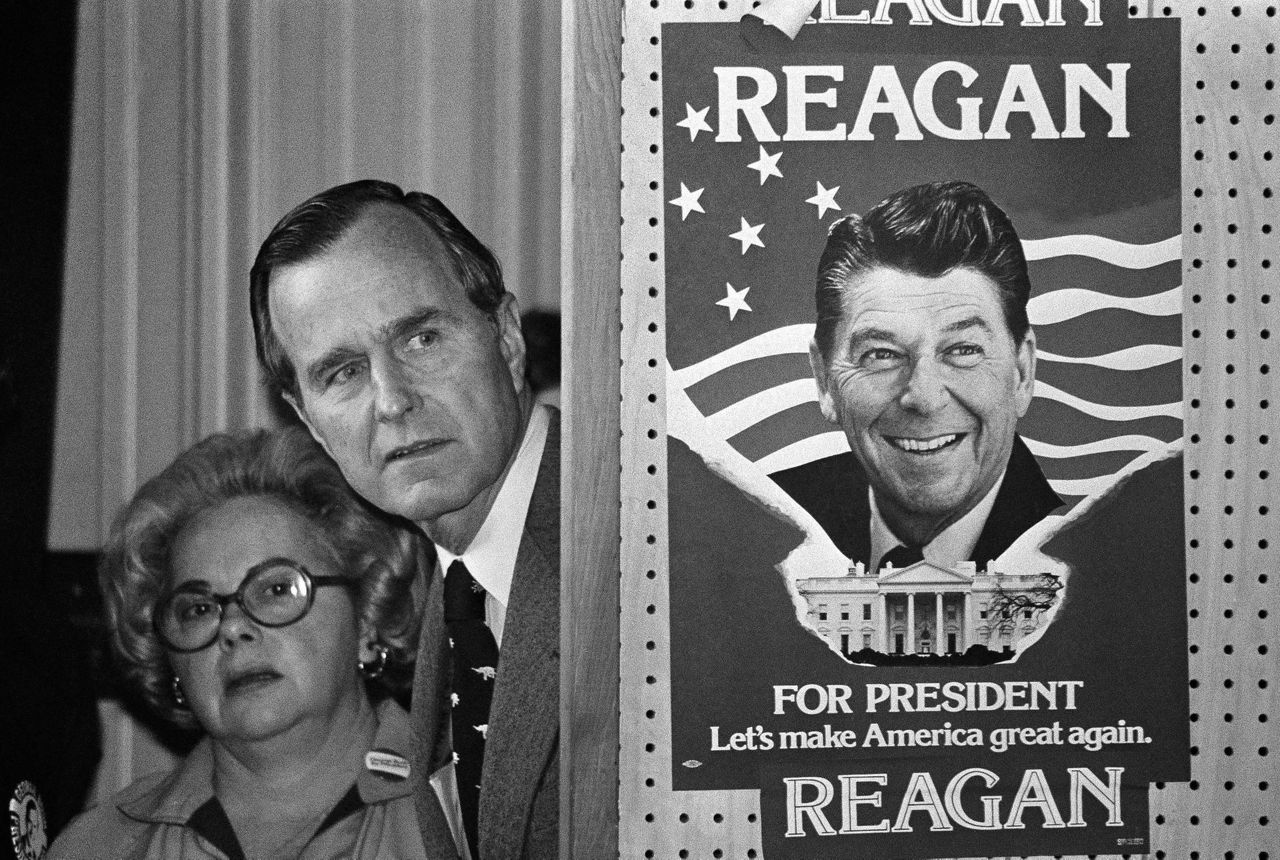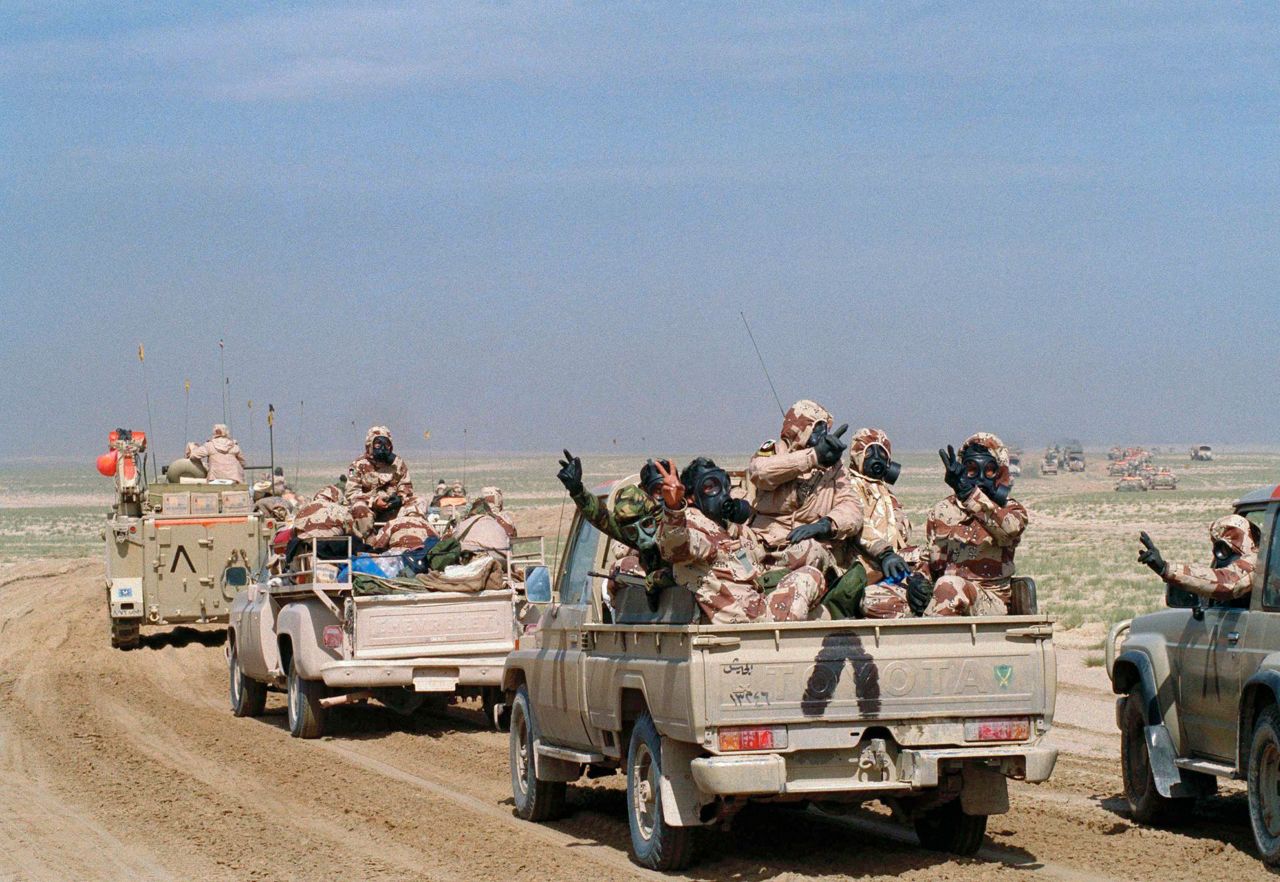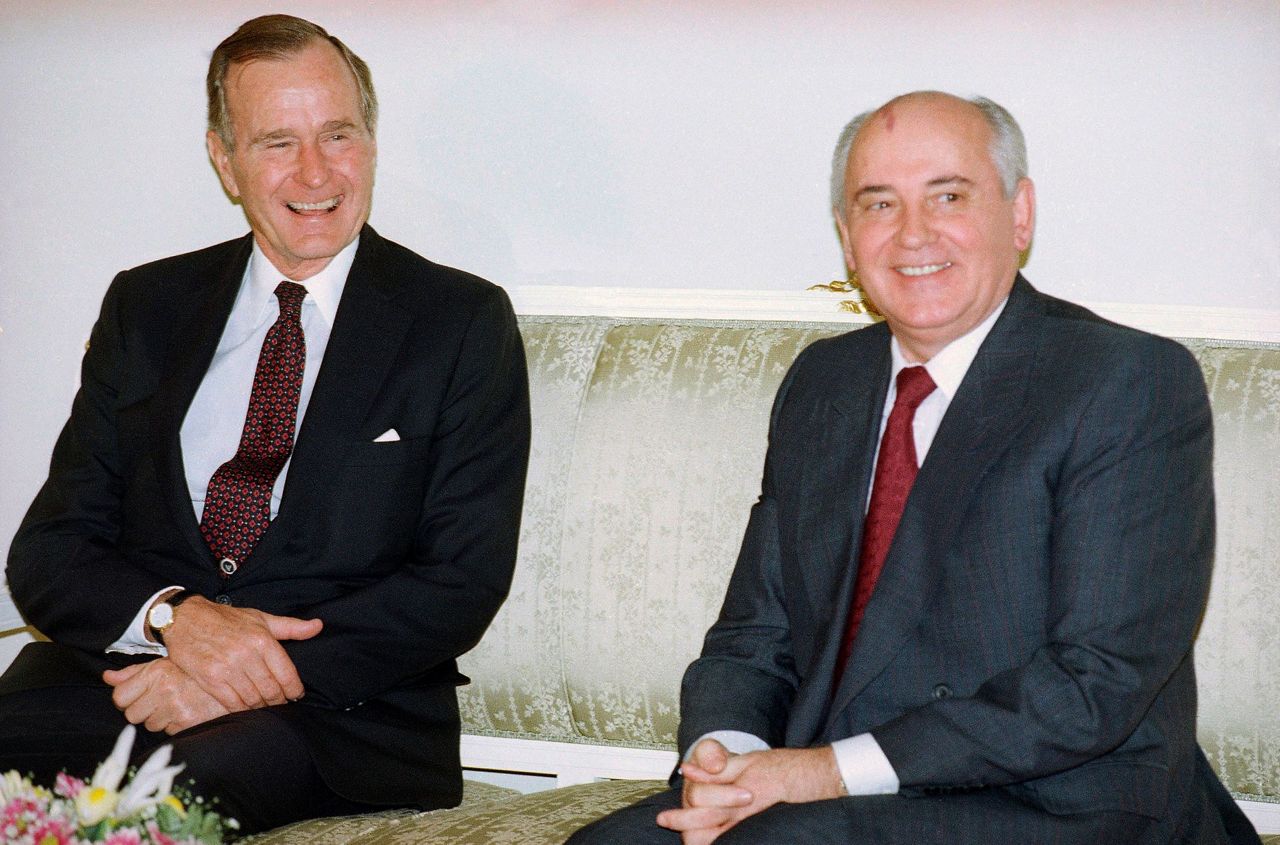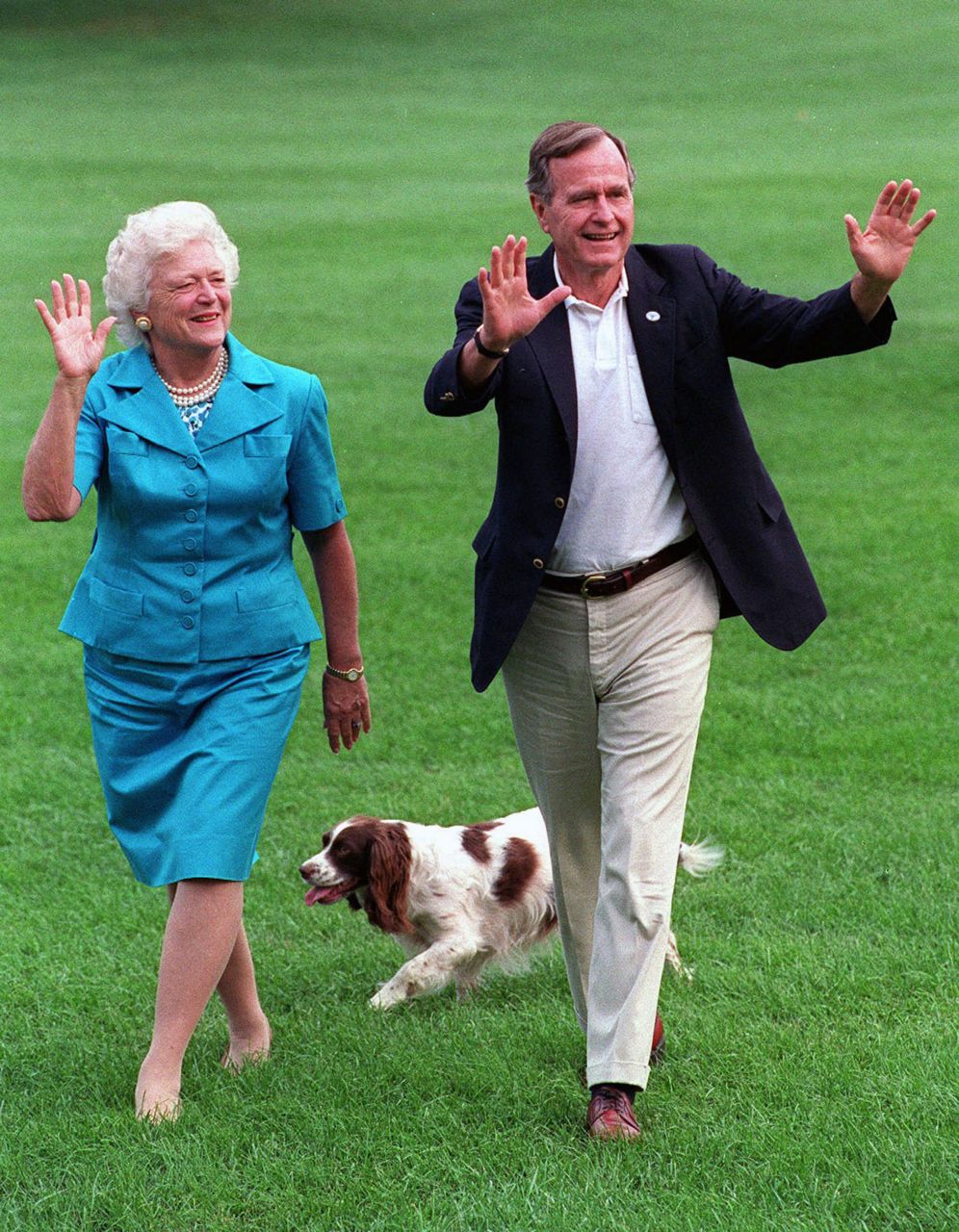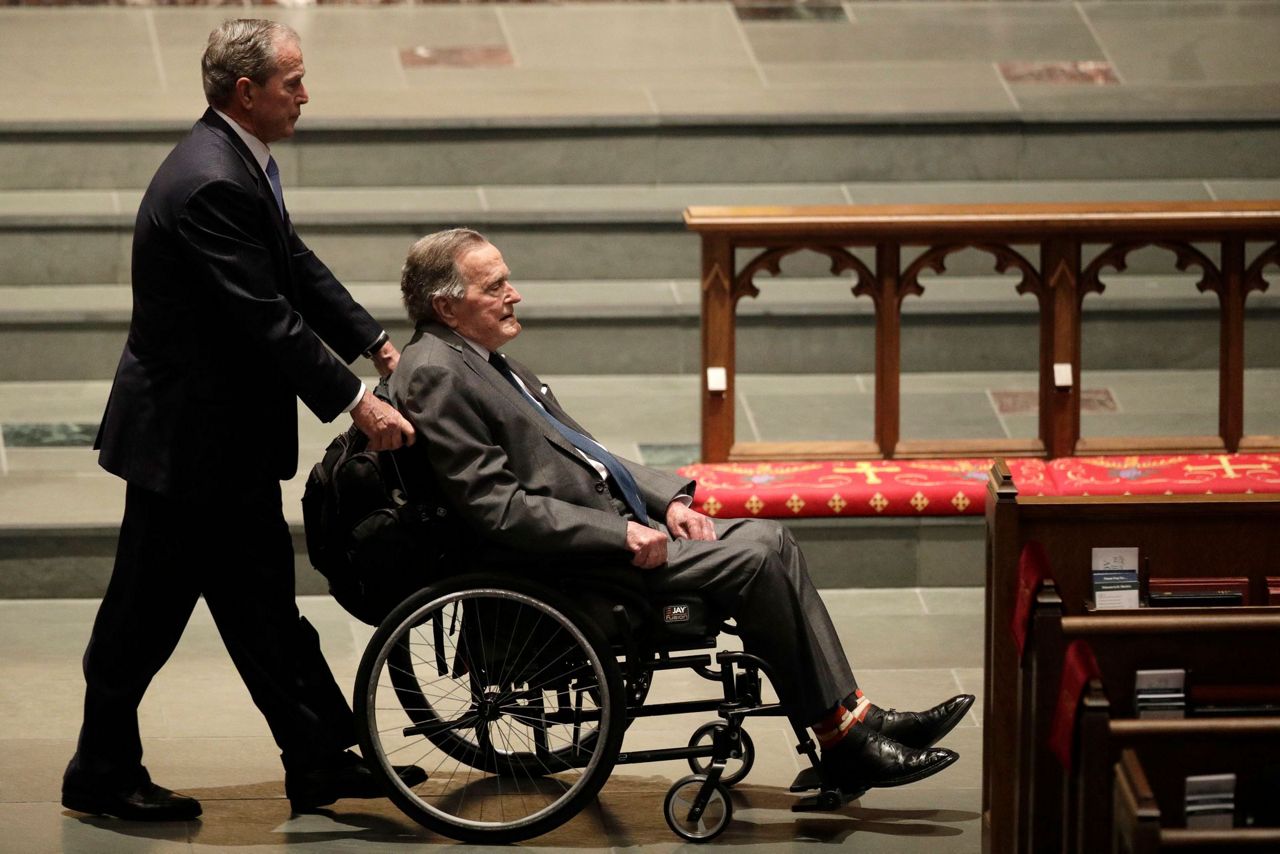Significant dates in the life of former President George H.W. Bush:
— June 12, 1924: George Herbert Walker Bush is born in Milton, Massachusetts.
— June 12, 1942: Enlists in Navy on 18th birthday.
— Sept. 2, 1944: Plane is shot down in Pacific Ocean and two crewmates killed. Bush is rescued by a submarine and receives the Distinguished Flying Cross.
— Jan. 6, 1945: Marries Barbara Pierce, daughter of the publisher of McCall's magazine. The Bushes eventually have six children: George W., future president; Jeb, future governor of Florida; Neil; Marvin; Dorothy; and Robin, who died of leukemia at age 3 in 1953.
— 1948: The family moves to Texas, where Bush prospers in oil business.
— November 1964: Loses bid for Senate to incumbent Sen. Ralph Yarborough.
— November 1966: Wins seat in House of Representatives.
— November 1970: Loses second try for Senate to Lloyd Bentsen.
— 1971: Appointed U.N. ambassador by President Richard Nixon.
— 1973: Named Republican National Committee chairman.
— 1974: Named head of U.S. Liaison Office in Beijing by President Gerald R. Ford.
— 1975: Named chief of CIA, which was beset by allegations of assassination plots and domestic spying.
— Winter 1980: Makes unsuccessful bid for Republican presidential nomination.
— Summer 1980: Chosen by Ronald Reagan as his running mate.
— November 1980: Reagan-Bush ticket defeats President Jimmy Carter and Vice President Walter Mondale.
— March 30, 1981: Reagan seriously wounded in assassination attempt.
— Nov. 8, 1988: Defeats Massachusetts Gov. Michael Dukakis, becoming first sitting vice president to win presidency since 1836.
— Dec. 7, 1988: Joins Reagan and Soviet President Mikhail S. Gorbachev to discuss Gorbachev's announcement that Soviet Union will reduce its armed forces.
— Jan. 20, 1989: Sworn in as nation's 41st president.
— Dec. 2 and 3, 1989: Meets with Gorbachev in Malta, where they agree it is time to end the Cold War.
— Dec. 20, 1989: U.S. troops invade Panama. Dictator Manuel Noriega is eventually captured, flown to Miami and convicted on drug charges.
— May 30 to June 3, 1990: Meets with Gorbachev in Washington, sealing agreements to slash long-range nuclear weapons, halt production of chemical weapons and lift trade barriers.
— July 26, 1990: Signs landmark Americans With Disabilities Act.
— Aug. 2, 1990: Iraq's army invades Kuwait . U.S. imposes economic sanctions on Iraq.
— Aug. 7, 1990: Orders deployment of U.S. troops to Persian Gulf.
— Nov. 19 to 21, 1990: Meets with Gorbachev in Paris. Leaders of NATO, Warsaw Pact nations sign conventional arms control agreement.
— Jan. 17, 1991: Air war against Iraq begins.
— Feb. 25, 1991: Iraqi leader Saddam Hussein orders forces to withdraw from Kuwait.
— Feb. 27, 1991: White House suspends offensive combat operations. Four days later, Iraqi military accepts U.N. Security Council's strict terms for formal cease-fire.
— May 4, 1991: Suffers irregular heartbeat during jog, diagnosed with thyroid condition called Graves disease.
— July 19, 1991: Joins Gorbachev in Moscow to sign Strategic Arms Reduction Treaty.
— Jan. 8, 1992: Collapses and vomits during a state dinner in Tokyo. Illness is described as stomach flu.
— Nov. 3, 1992: Loses bid for re-election to Bill Clinton.
— Dec. 24, 1992: Pardons six men involved in the Reagan-era Iran-Contra arms-for-hostages deal that sparked a lengthy investigation by a special prosecutor.
— June 27, 1993: American warships fire cruise missiles at intelligence headquarters in Baghdad in retaliation for what U.S. calls an Iraqi plot to assassinate Bush.
— Nov. 1, 1994: Son George W. Bush elected Texas governor; son Jeb narrowly loses bid to be governor of Florida.
— March 25, 1997: Completes parachute jump at age 73, fulfilling wartime promise to himself to skydive someday just for fun. The jump began a tradition: Bush repeats the feat on his 75th, 80th, 85th and 90th birthdays.
— Nov. 6, 1997: The George Bush Presidential Library and Museum is dedicated at Texas A&M University.
— September 1998: Publishes with former national security aide Brent Scowcroft "A World Transformed," on foreign policy crises during the Bush presidency.
— Nov. 3, 1998: Son Jeb, in second try, is elected governor of Florida; in Texas, George W. wins second term.
— March 2000: Son George W. wraps up nomination for GOP presidential race in 2000.
— November-December 2000: George W. Bush wins the presidency in a historic duel that takes weeks to resolve because of tight race in Florida.
— Jan. 20, 2001: Sees son George W. sworn in as president, becoming the only former president in U.S. history to see his son sworn in to the same office. (John Adams, then nearly 90, did not attend inauguration when his son John Quincy Adams became president in 1825.)
— Jan. 20, 2005: George W. sworn in for second term as president.
— February 2005: Travels with former President Clinton to areas devastated by December 2004 Asian tsunami. They team up again to raise funds for Hurricane Katrina relief.
— Oct. 7, 2006: Attends christening in Newport News, Virginia, of nuclear-powered aircraft carrier USS George H.W. Bush.
— Jan. 7, 2009: Attends historic luncheon at White House with fellow former presidents Clinton and Carter, his son the outgoing president and President-elect Barack Obama.
— Feb. 15, 2011: Receives the Presidential Medal of Freedom, the nation's highest civilian honor for contributions to society.
— March 29, 2012: Endorses 2012 Republican presidential candidate, former Massachusetts Gov. Mitt Romney.
— April 17, 2018: Barbara Bush dies at their home in Houston. She was 92.
— Nov. 30, 2018: George H.W. Bush dies at his Houston home. He was 94.
___
See AP's complete coverage of George H.W. Bush here: https://www.apnews.com/tag/GeorgeHWBush
Copyright 2018 The Associated Press. All rights reserved. This material may not be published, broadcast, rewritten or redistributed.



